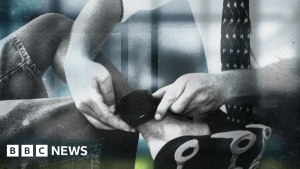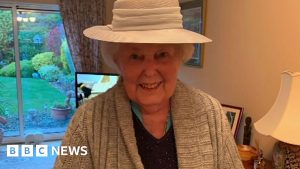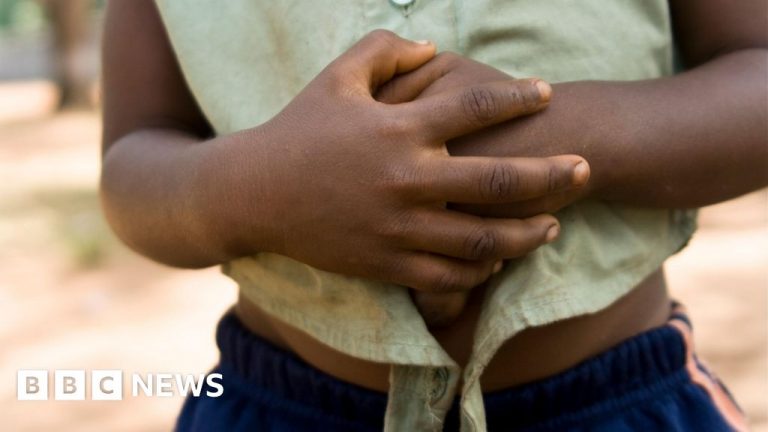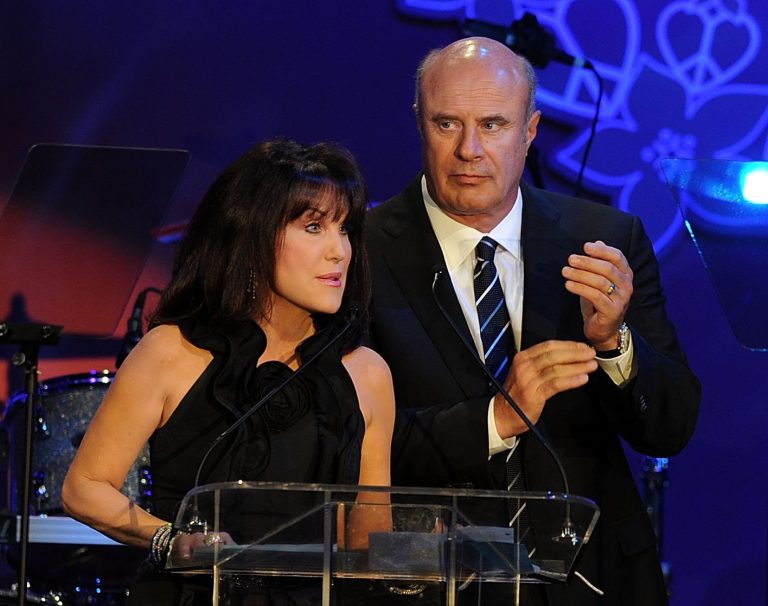The family of former Leicester City chairman Khun Vichai Srivaddhanaprabha has launched Britain’s largest-ever fatal accident lawsuit, seeking £2.15bn in compensation from helicopter manufacturer Leonardo SpA.
The claim stems from the October 2018 helicopter crash outside the King Power Stadium that claimed the lives of Srivaddhanaprabha and four others.
The lawsuit alleges that the Italian manufacturer Leonardo is liable for the deaths and seeks damages for loss of earnings.
The legal action comes as a three-week inquest into the tragic accident is set to begin next Monday.
Khun Aiyawatt Srivaddhanaprabha, who succeeded his father as Leicester City chairman, spoke of his family’s enduring grief.

Five people were killed in the crash seven years ago
GETTY
“My family feels the loss of my father as much today as we ever have done,” he said.
He highlighted the personal impact on the next generation, stating: “That my own children, and their cousins will never know their grandfather compounds our suffering.”
The current chairman expressed his family’s careful consideration of the Air Accidents Investigation Branch (AAIB) report before deciding to proceed with legal action.
“My father trusted Leonardo when he bought that helicopter but the conclusions of the report into his death show that his trust was fatally misplaced,” he said.
“I hold them wholly responsible for his death.”
The crash also claimed the lives of pilots Eric Swaffer and Izabela Roza Lechowicz, along with two members of Vichai’s staff – Nusara Suknamai and Kaveporn Punpare.

The former Leicester owner helped the club win the Premier League in 2016
PA
A comprehensive 209-page report from the Air Accidents Investigation Branch concluded the crash was “inevitable” following a sequence of mechanical failures.
The investigation found there was “very little” pilot Eric Swaffer could have done to prevent the tragedy.
Peter Neenan, a partner at Stewarts law firm representing the Srivaddhanaprabha family, emphasised the significance of the AAIB report in their legal claim.
“The foundation of the claim brought against Leonardo is the independent AAIB report released in September 2023,” he said.
He described the report as “as damning a report as I have ever read,” noting its implications for allegations of defects and negligence throughout the design process.
Neenan also highlighted Leonardo’s prominent role as a supplier of helicopters to critical services.
LATEST SPORT NEWS:

The family have launched a compensation claim against the helicopter manufacturers
PA
“Leonardo’s customers include national militaries, air ambulances and other first responders across the globe,” he said.
“It is critical that all operators of these helicopters have faith and confidence in the machines.”























+ There are no comments
Add yours